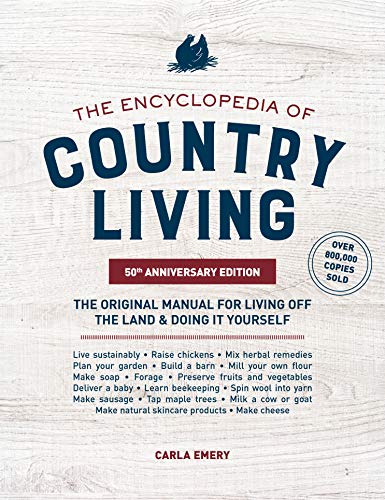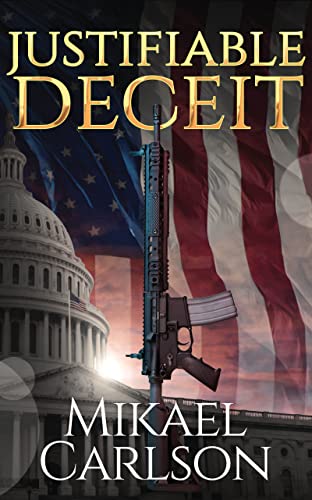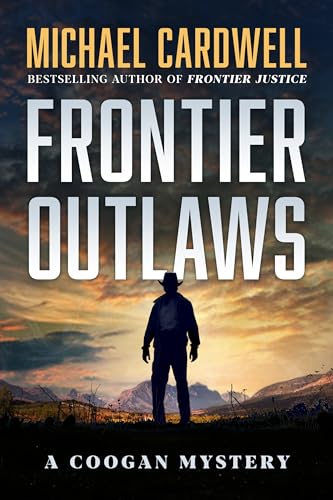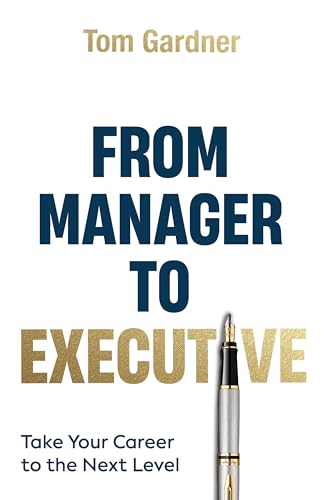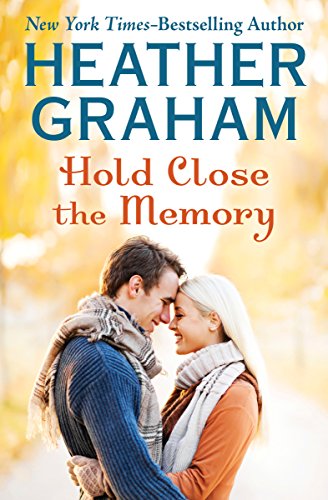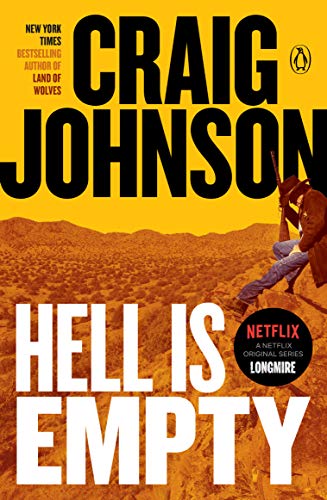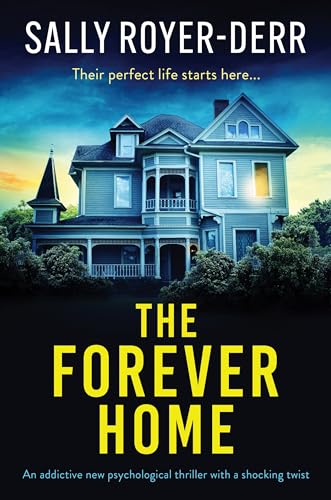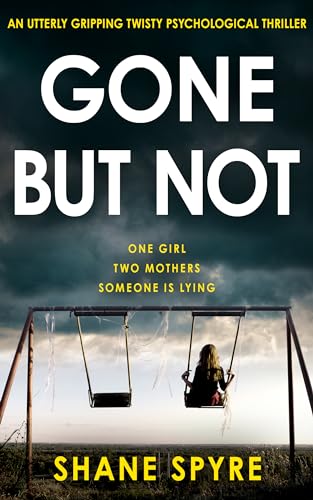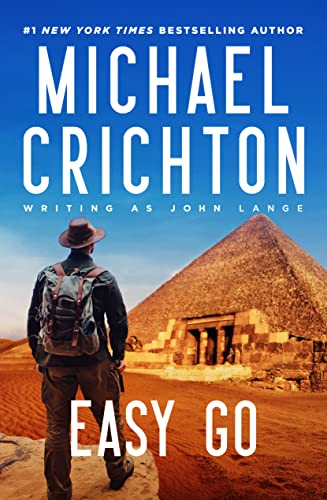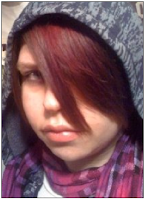By Stephen Windwalker, Editor of Kindle Nation Daily
It’s been exactly a month since we last took a systematic look at the population of ebook price points in the Kindle Store, so it seems a good time for a fresh look after five weeks of experience with the agency model. under the agency model, we were told, some of the big publishers were colluding with Apple to take retail ebook pricing out of the hands of retailers such as the Kindle Store and replace Amazon’s standard of $9.99 as a price for newly released ebooks with a 30% to 50% increase to price points between $12.99 and $14.99.
The remarkable news is that very little has changed when it comes to Kindle Store ebook prices, and if anything in the past 30 days the trends are toward lower prices. Alas, publishers! How can you make collusive price fixing work if some of you are playing for an edge and hoping that your partners, er, competitors will maintain their unpopular high prices?
After a brief period in late March and early April when we saw slight increases in the percentage of books prices over $9.99, there have been small but significant decreases at the same levels since April 7. Among the 511,259 ebook listings in the Kindle Store as of 9 a.m. today, May 7, 2010, the total percentage of books prices above $9.99 has decreased from 22.69% to 21.73%, essentially a full percentage point.
Meanwhile, while the percentage of titles priced at exactly $9.99 has decreased slightly from 11.01% to 10.62% during the past months, listings at all price points from 99 cents up to $9.98 have increased.
Other recent trends:
- The overall size of the Kindle Store catalog has continued to increase by about 800 titles a day, growing from about 487,000 on April 7 to over 511,00 this morning.
- The increase of over 63,000 in the number of Kindle Store titles since February 25 is roughly equivalent to the total number of listings in Apple’s iBooks Store at launch.
- The number of free titles in the Kindle Store declined from 4.2% to 4.0% during the past month, while the number of free titles in the iBooks Store is reportedly somewhere between one-third and one-half of all iBooks titles.
Among the 100 top Kindle Store “bestsellers,” it’s a case of plus ca change, plus c’est la meme chose.
- As of this morning, 59 of these titles were free, 2 were between $.01 and $3, 15 between $3 and $9.98, 16 at $9.99, and 8 at $10 and up.
- As of April 7, 61 of the 100 top Kindle Store “bestsellers” were free, 1 was between $.01 and $3, 16 between $3 and $9.98, 12 at $9.99, and 9 at $10 and up.
It will be interesting to see how the pricing array evolves over the next two months, as Amazon prepares to increase its royalty structure to 70%, by June 30, for thousands of independent authors and smaller publishers who participate fully in Kindle features and maintain or bring their suggested Kindle Store retail prices into Amazon’s preferred range between $2.99 and $9.99, inclusive.
Here’s a price breakdown of the 511,759 book titles in the Kindle Store as of 9 a.m. EDT on May 7, 2010:
Here’s where we stood with the 487,715 book titles in the Kindle Store as of 9 a.m. EDT on April 7, 2010:
- 20,620 Kindle Books Priced “Free” (4.23%)
- 4,709 Titles Priced from a Penny to 98 Cents (0.97%)

- 46,360 Kindle Books Priced at 99 Cents (9.51%)

- 69,846 Kindle Books Priced from $1 to $2.99 (14.32%)

- 94,891 Kindle Books Priced from $3 to $4.99 (19.46%)

- 86,924 Titles Priced from $5 to $9.98 (17.82%)

- 53,705 Titles Priced at $9.99 (11.01%)
- 7,537 Titles Priced from $10 to $12.99 (1.51%)
- 13,124 Titles Priced from $13 to $14.99 (2.69%)
- 90,011 Titles Priced at $15 and Up (18.46%)
Here’s where we stood with the 480,238 book titles in the Kindle Store on April 1:
- 20,620 Kindle Books Priced “Free” (4.29%)
- 4,706 Titles Priced from a Penny to 98 Cents (0.98%)

- 43,993 Kindle Books Priced at 99 Cents (9.16%)

- 68,807 Kindle Books Priced from $1 to $2.99 (14.33%)

- 93,706 Kindle Books Priced from $3 to $4.99 (19.51%)

- 85,612 Titles Priced from $5 to $9.98 (17.83%)

- 53,124 Titles Priced at $9.99 (11.06%)
- 5,952 Titles Priced from $10 to $12.99 (1.24%)
- 14,158 Titles Priced from $13 to $14.99 (2.95%)
- 89,525 Titles Priced at $15 and Up (18.64%)
Here’s where we stood with about 463,000 Kindle Store titles on March 10:
- 20,125 Kindle Books Priced “Free” (4.34%)
- 2,588 Titles Priced from a Penny to 98 Cents (0.56%)

- 39,095 Kindle Books Priced at 99 Cents (8.44%)

- 64,105 Kindle Books Priced from $1 to $2.99 (13.84%)

- 90,580 Kindle Books Priced from $3 to $4.99 (19.55%)

- 84,055 Titles Priced from $5 to $9.98 (18.15%)

- 53,697 Titles Priced at $9.99 (11.56%)
- 5,793 Titles Priced from $10 to $12.99 (1.25%)
- 13,731 Titles Priced from $13 to $14.99 (2.96%)
- 89,448 Titles Priced at $15 and Up (19.31%)
And here’s where we stood with about 447,000 Kindle Store titles on February 25:
- 19,795 Kindle Books Priced “Free” (4.42%)
- 3,023 Titles Priced from a Penny to 98 Cents (0.67%)
- 36,370 Kindle Books Priced at 99 Cents (8.12%)
- 62,275 Kindle Books Priced from $1 to $2.99 (13.9%)
- 87,722 Kindle Books Priced from $3 to $4.99 (19.58%)
- 81,230 Titles Priced from $5 to $9.98 (18.13%)
- 55,269 Titles Priced at $9.99 (12.34%)
- 5,139 Titles Priced from $10 to $12.99 (1.15%)
- 9,331 Titles Priced from $13 to $14.99 (2.08%)
- 87,771 Titles Priced at $15 and Up (19.59%)

